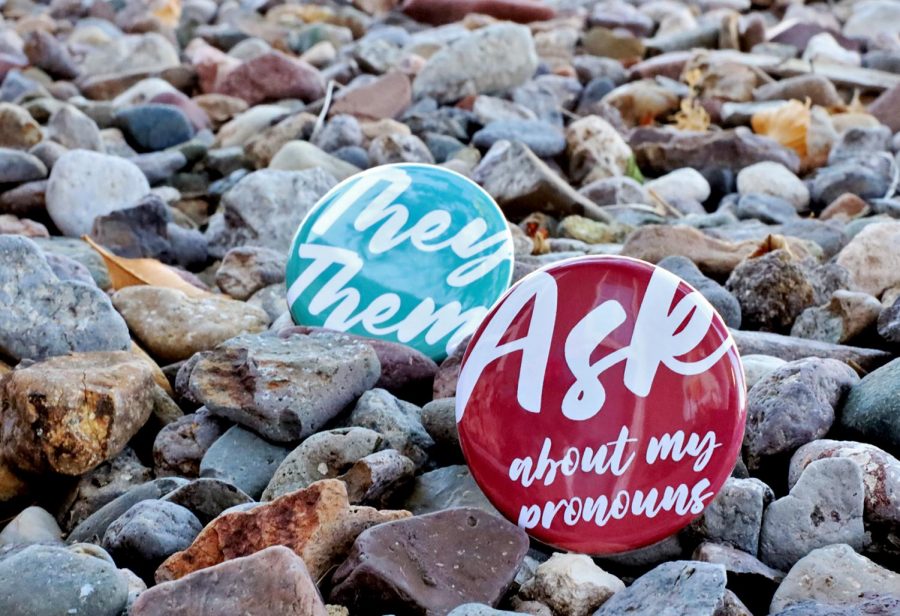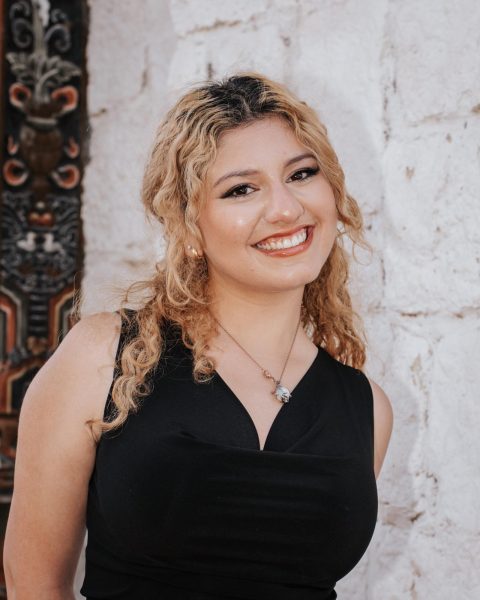Looking at a mirror has never been easy for me. Throughout my adolescence, I have made plenty of important discoveries about myself. When I was 14, I found myself searching for pictures of Ross Lynch, from Disney’s “Austin & Ally,” when I would be home alone. I know, it is rather embarrassing. But this continued all throughout my life being alone, and finding the comfort to open up and truly be myself. Today, I am open and proud about my sexuality. I have met people and talked to many online who have similar stories to mine. Being alone is a time where people can embrace their identities, their sexualities and everything that they are otherwise afraid to show in public.
Isolation seems to be a common factor in many of these cases. This became a shared reality for people worldwide around Mar. 24, 2020, when El Paso health officials issued a “Stay Home, Stay Safe” order. This essentially began a quarantine to combat rising global cases of the COVID-19 virus that had been labeled a global health emergency by the World Health Organization.
This mandatory lockdown kept all of us home working online, socializing through text and spending many days alone with nothing but our reflections. What else is there to do but get to know your true self when society’s norms and expectations of you are gone; when only your face is shown through Zoom and your identity is free from judgment. This is how I came to realize my non-binary gender identity, how I began embracing the femininity I have always wanted to embrace.
I understand, to some, gender identity might be a concept that is rather elusive, something maybe you never came to question. According to the Human Rights Campaign, gender identity is “One’s innermost concept of self as male, female, a blend of both or neither – how individuals perceive themselves and what they call themselves. One’s gender identity can be the same or different from their sex assigned at birth.” In essence, gender identity is what you see yourself as despite your assigned biological sex.
Gender is a socially constructed way to identify “men” and “women,” but as we know, women do not just act and love one way and neither do men. Some men might not feel comfortable identifying and performing as a man. For me, the concept and norms of a man in my native country of Mexico revolved around being macho, strong, emotionless and a hyper-masculine individual. Not everyone assigned male at birth feels comfortable fitting into that; I certainly did not. I sought safety in femininity, where emotions and sensitivity were welcomed, where nurturing behavior and flamboyance were not frowned upon.
For a while, I was fine being called a gay man, yet I felt a discomfort whenever I was called that. Then, quarantine shut me in, and I had nothing but time and plenty of silence to have a conversation with myself. I began small. What if I were to paint my nails? In our world, and our culture, this is seen as traditionally feminine, as something only women do. However, there is no law that states this, it is simply our collective perception making paint on nails a gendered idea. Once I did it, I felt a comfort I had never felt before, doing something so small felt rather massive in my mind, I had spent years performing for the rigid standards men face, and finally I was expanding out of that. Our communal experiences with gender norms affect men and women harshly, and I knew I would struggle being comfortable with this whenever we were allowed back outside.
Nevertheless, I continued. I wore earrings and began shifting my clothing style to something not traditionally masculine. The mirror began to no longer be something I had to avoid; it became a way to look at myself becoming the person I would have loved to be when I was young. I was never comfortable with my boy’s name, so I wanted to go by a name that meant something to me. I chose the name of my childhood friend’s doll – the doll she let me play with – Ari.
By the time lockdown began easing up and I began seeing other people, I let everyone know my pronouns were now she/her or they/them. I now identify as non-binary, someone outside the binary male or female scale. I am comfortable, happy, and everyone has respected me and shown me the same kindness they showed me before lockdown.
Respect became synonymous with my experience during lockdown. As I continue to read more and more stories and anecdotes of people coming out as queer or feeling aligned with a new identity that they were before during quarantine; I have realized why this has happened. We all want to be respected for who we are, but we find ourselves constantly afraid of not being taken seriously and of being dangerously hurt.
Our university is a space where our identity should not be feared by others. Any professional or academic space should show an equal level of respect to everyone despite their identity, sexuality, race, gender, class or any related factor. It is the professional and human way of living life, showing respect for others at the center of their activities. We should strive to create a safe space for everyone, devoid of judgement and oppressive norms, a space where we study gender as a class and respect it as a valid way of expression.
Ari Velazquez is a junior media advertising student and can be reached at [email protected]







